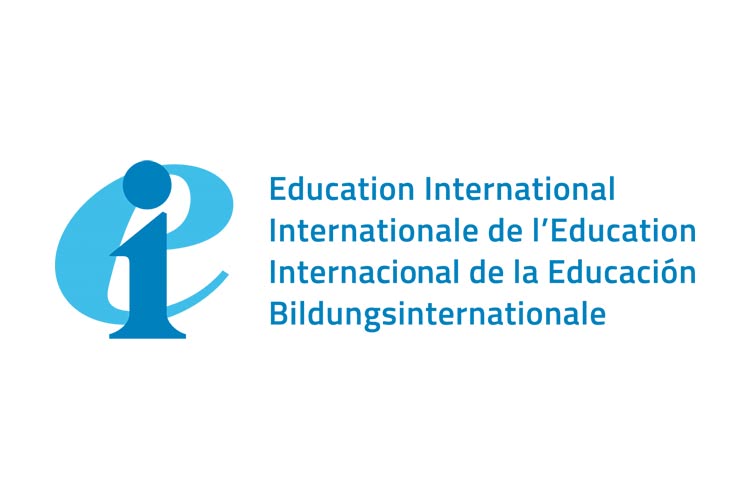EI urges increased funding for Vocational Education and Training

Now, more than ever, governments should be investing in Vocational Education and Training (VET) as part of a constructive response to the global economic crisis, not cutting back on opportunities to train young people, up-skill the current work force, and encourage lifelong learning across society.
EI just concluded a first-ever Round Table on Vocational Education and Training in Budapest, Hungary, where member organisations from across Europe engaged in intensive discussions on the dramatic impact of the global economic crisis on their sector. Severe budget cuts, increasing privatisation and a disturbing trend towards increased recruitment of casualised, part-time teachers are of concern across Europe. By contrast, in times of crisis, VET should be seen by governments as an essential part of the economic solution in terms of retraining and upskillling the work force for the future. Reports from EI affiliates made it clear that there is much diversity across Europe in terms of both definition and provision of vocational education and training. Round Table participants identified serious problems facing teachers and education unions: Improving the status of VET teachers; unionising VET teachers; achieving parity of esteem of VET and traditionally academic qualifications; and encouraging governments to take up their responsibility in the VET sector, in view of its wider social and economic importance. Considering the important role of VET in the knowledge-based society, EI and its member organisations also have a clear responsibility to carry this topic further. This Round Table identified clear paths for future work and capacity building in this sector, in order to enhance the pivotal role of VET and its teachers in post-crisis regeneration.












Responses